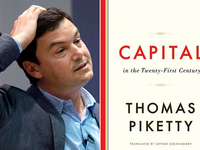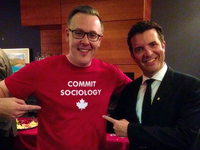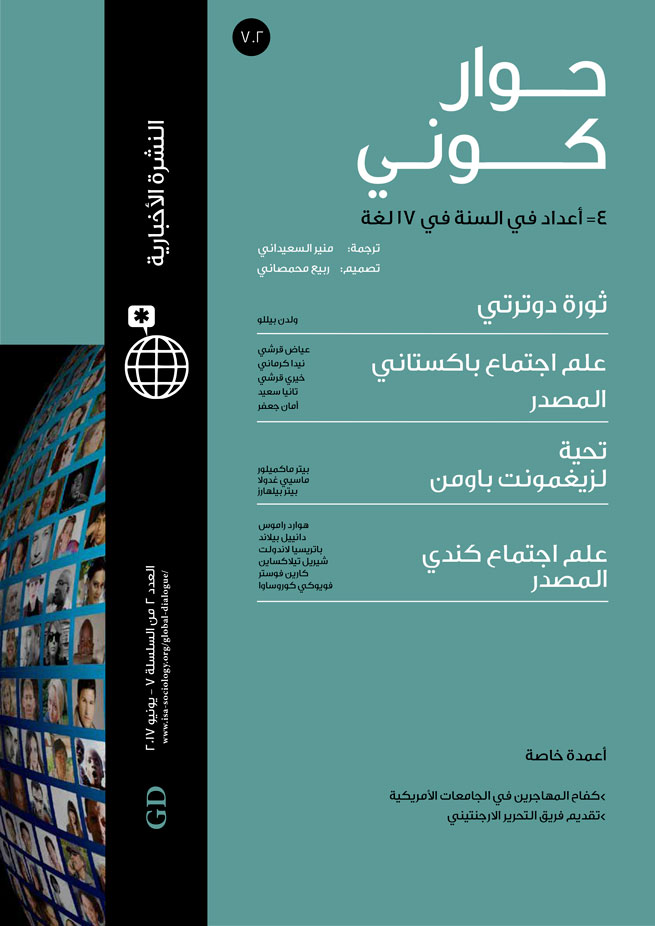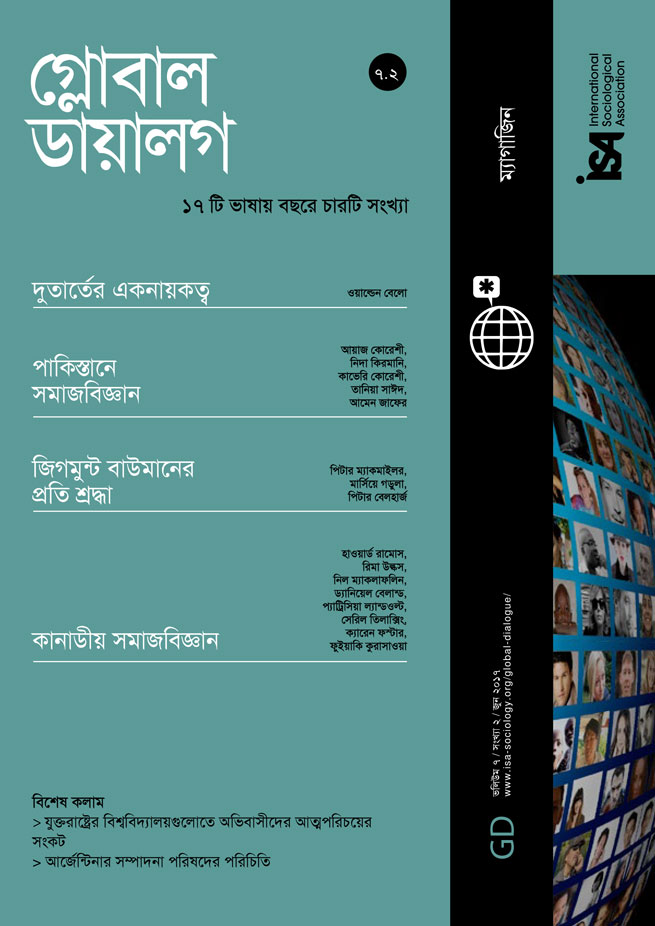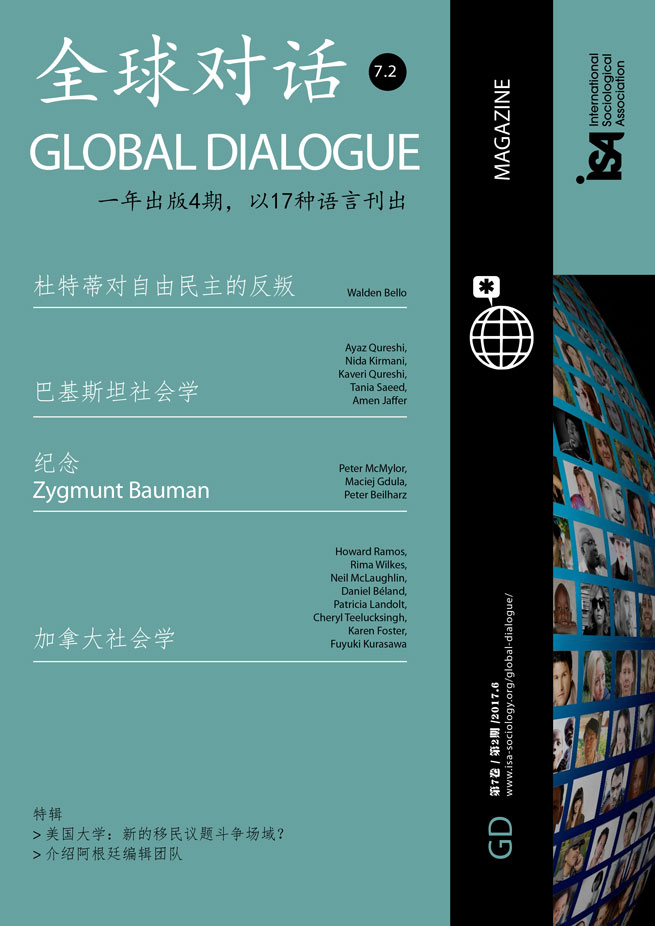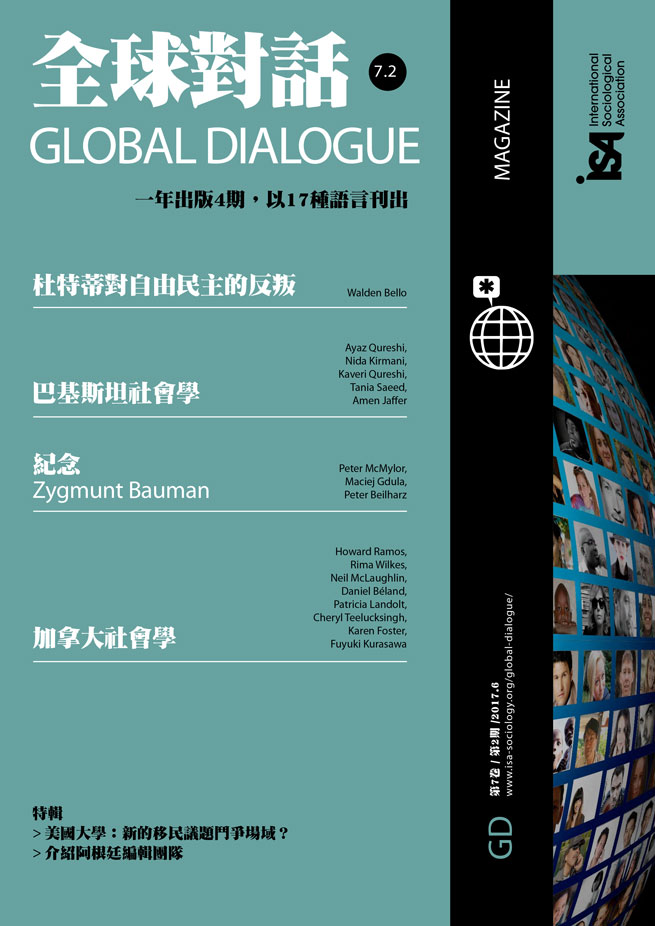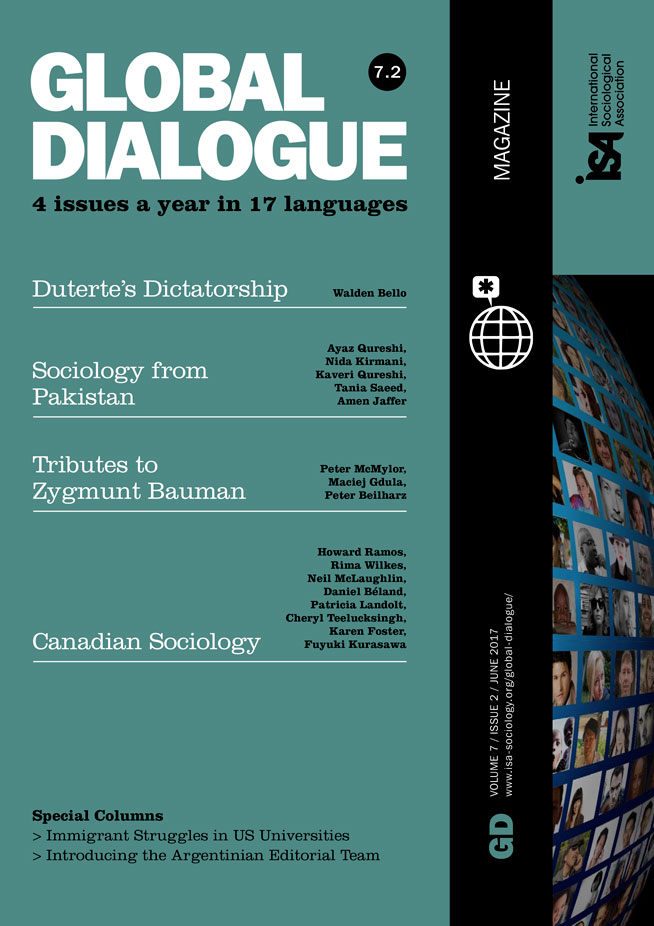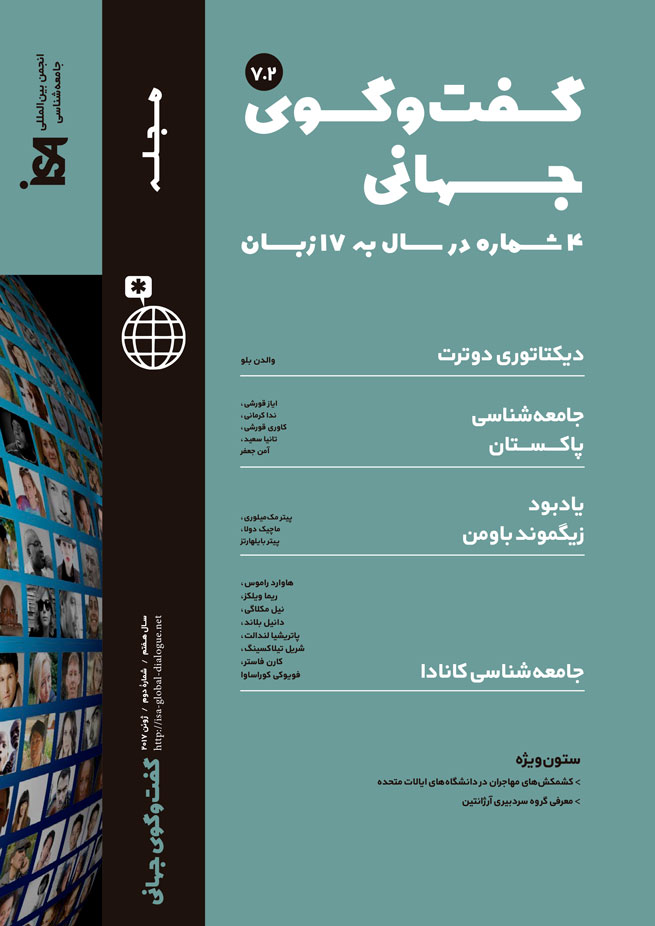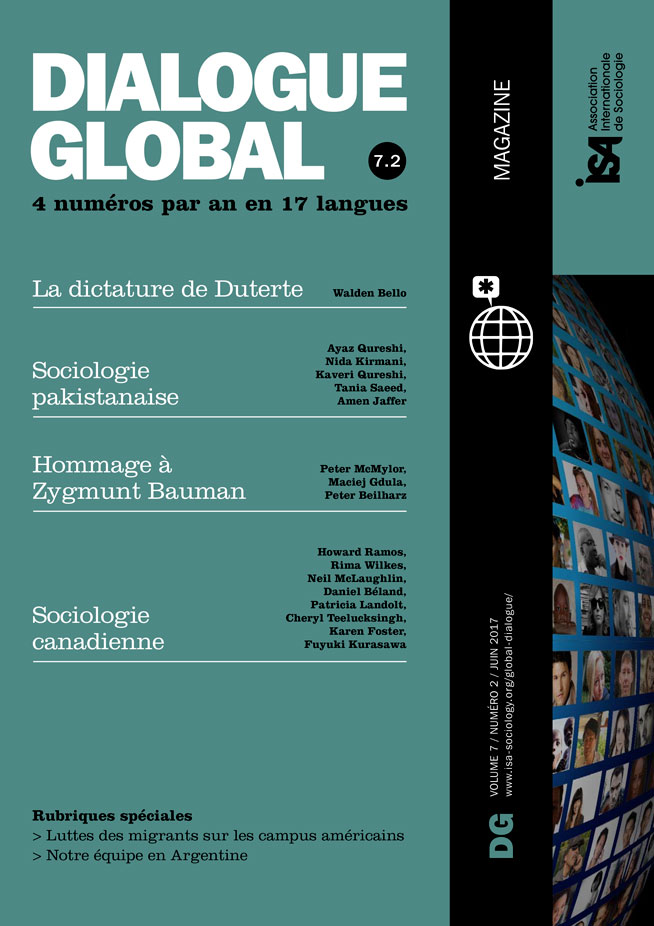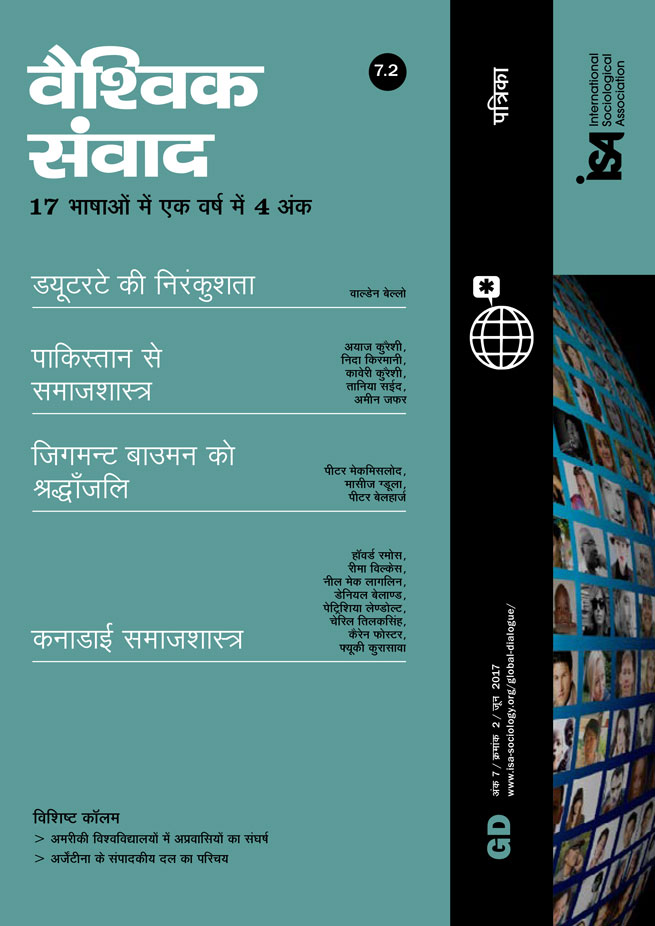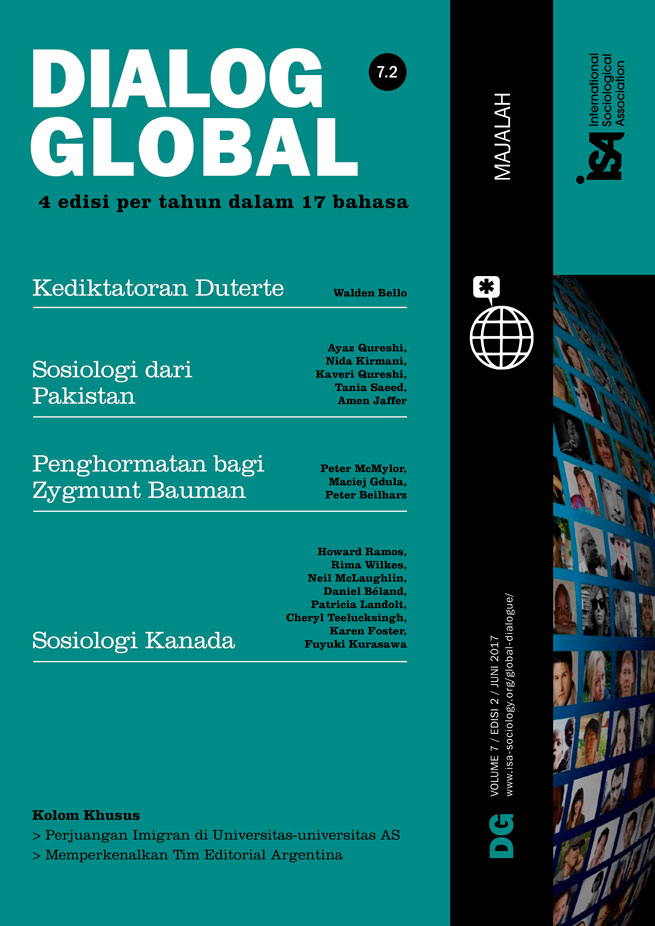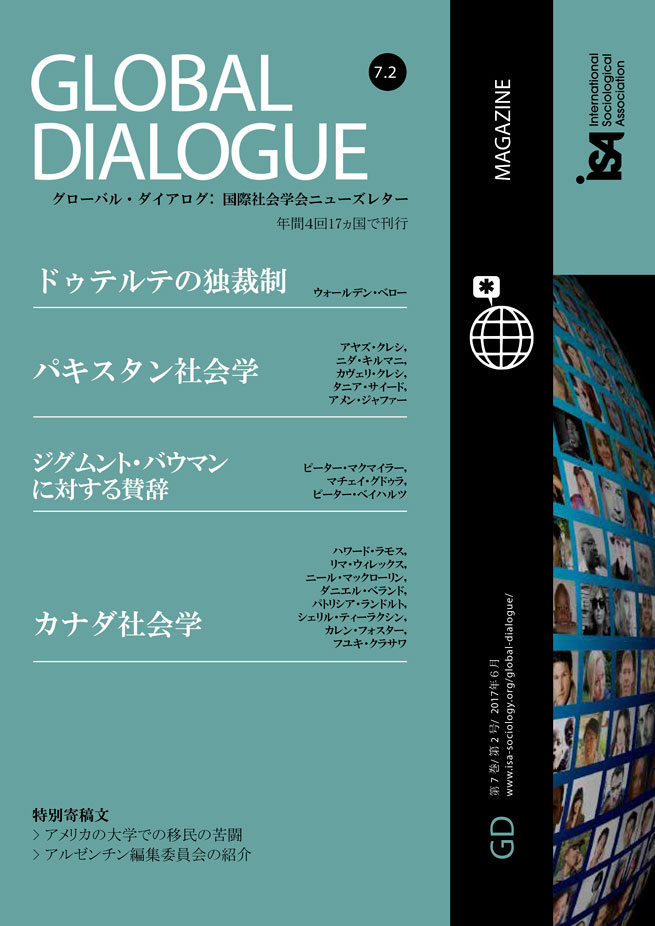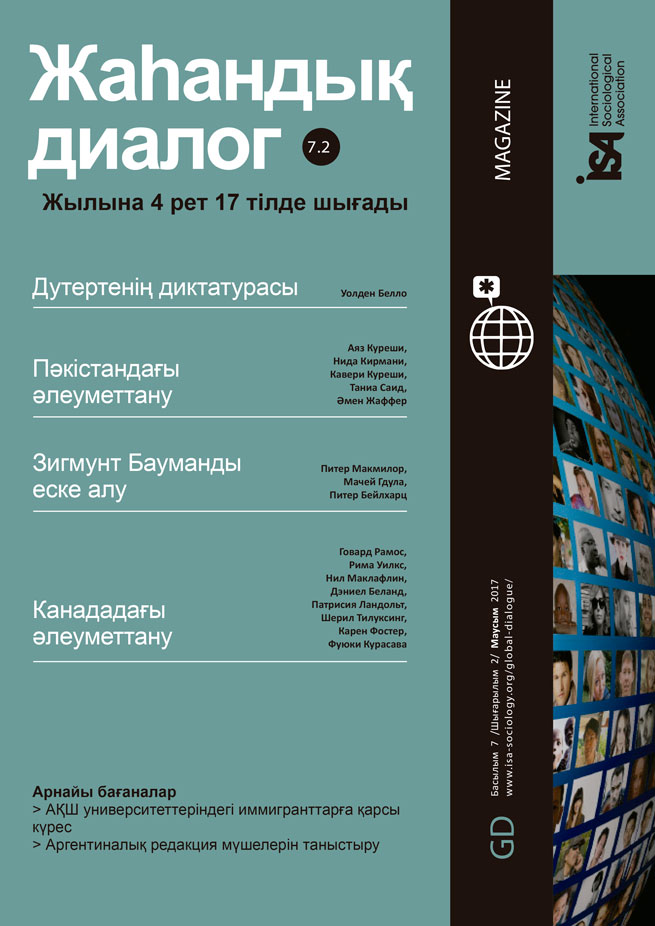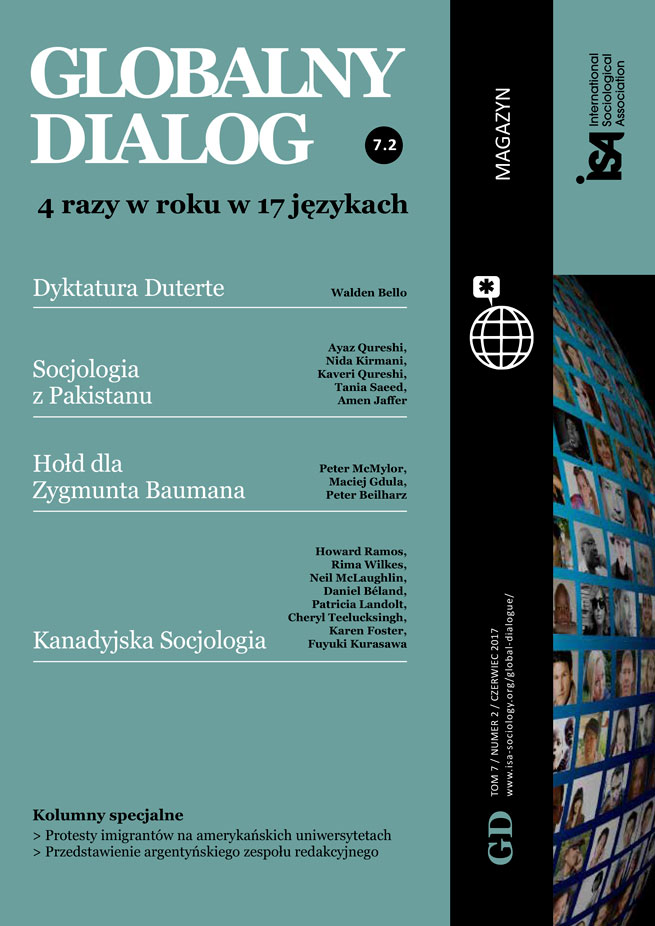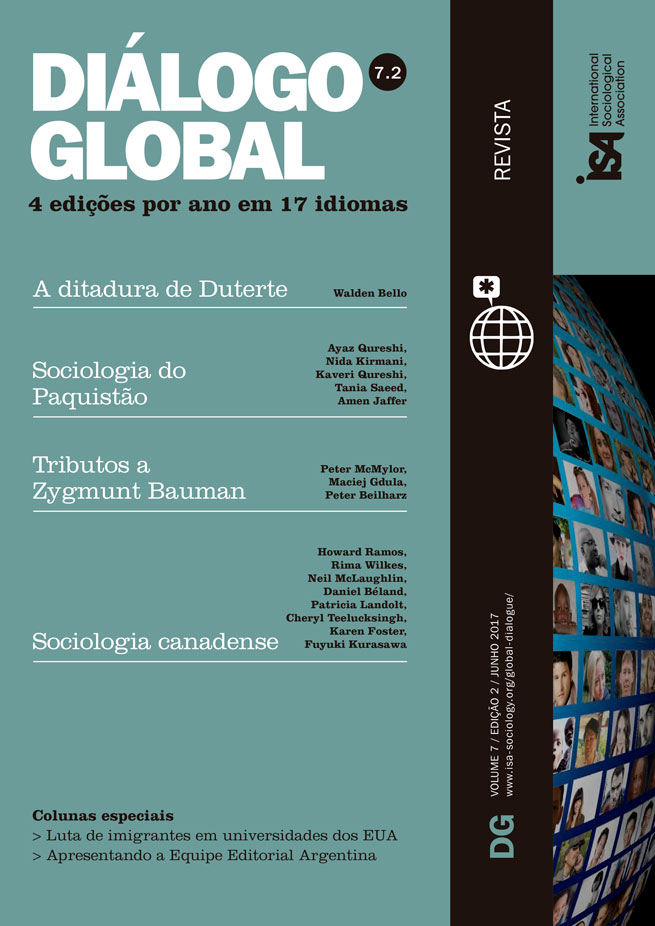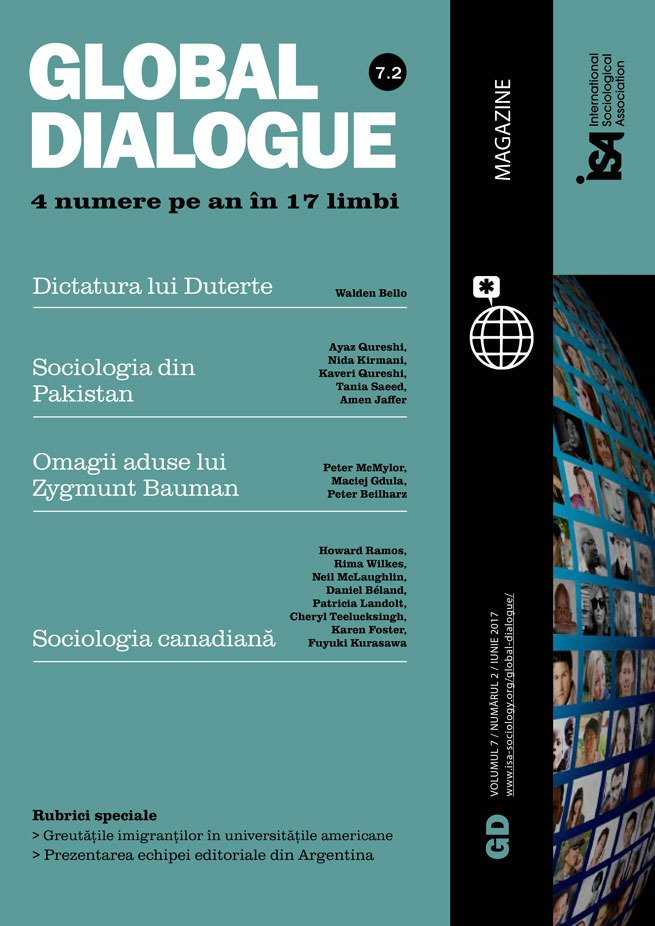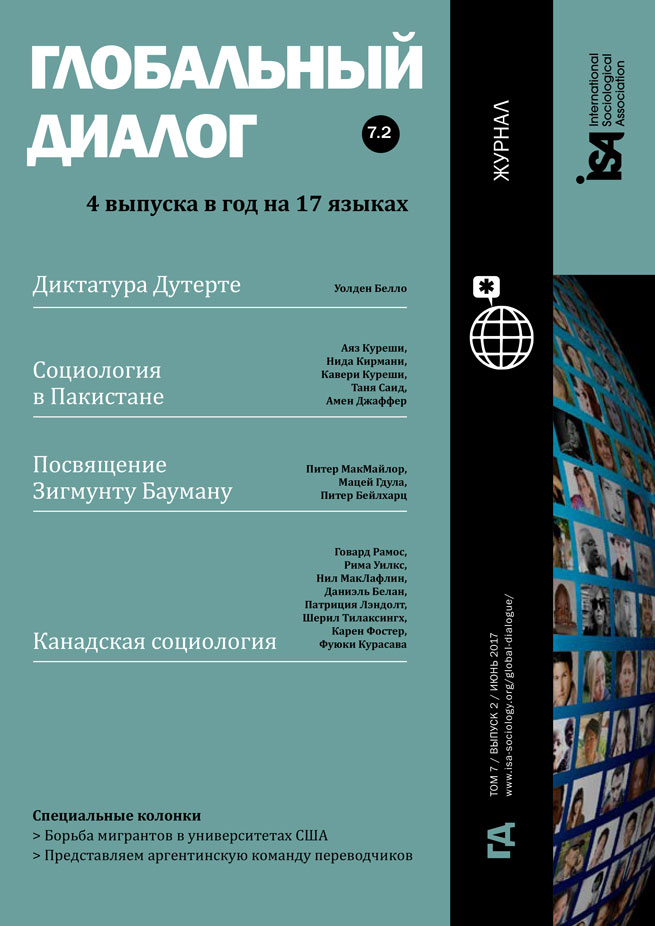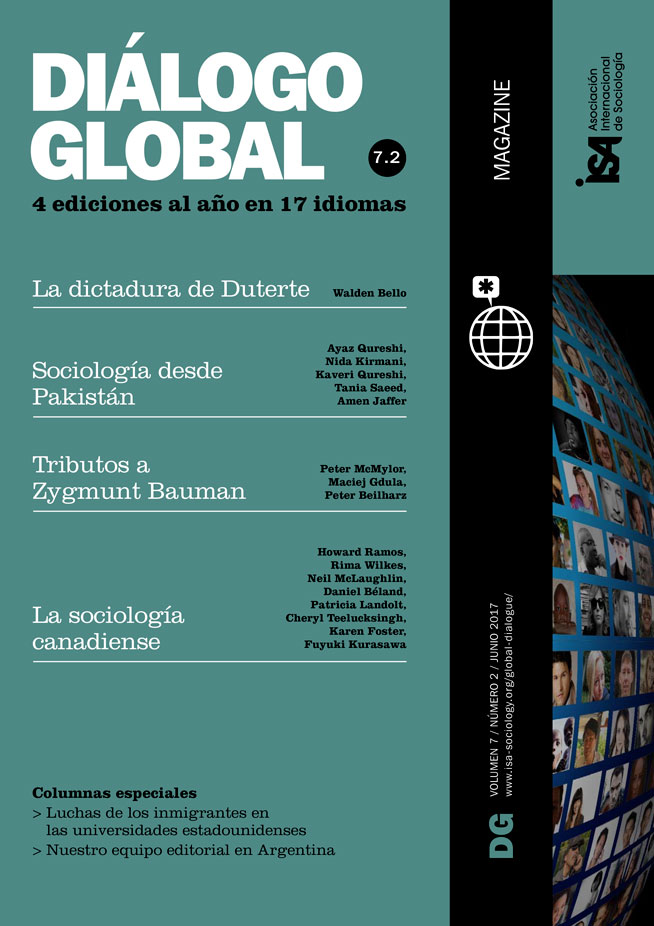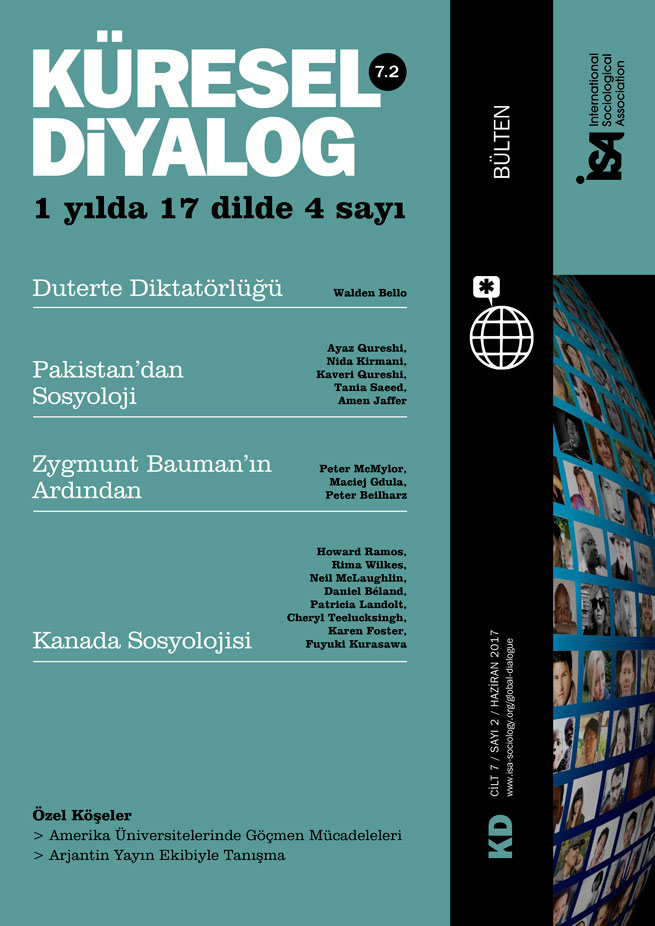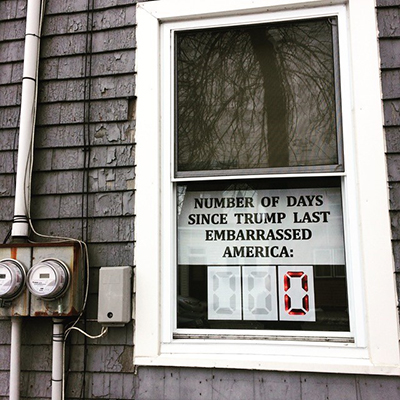To many, 2016 marked the end of the world as we knew it. The populist revolts represented by the Brexit vote and Trump electoral victory, the violence of Duterte in the Philippines, and a resurgence of authoritarian governments and political parties have shaken the neoliberal democratic capitalist order. Alongside political currents, we have seen the spread of “fake news,” and a growing backlash against “political correctness” across the globe, heralding what some view as a new, “post-truth” era.
It seems that facts do not matter as much as opinions and emotions. Compassion for “others” is at an all-time low and we risk repeating some of the worst anthropogenic atrocities the world has ever seen. Sociology becomes a major target of derision in political times such as these, but if we apply the sociological imagination, we may see hidden nuance, and therein hope, and clues about what to do next.
It can be very easy to see the ruptures in history, and very hard to see continuities. Sociology and its siblings have declared many breaks, ends and beginnings before – the End of Work, the End of History, and even the end of Sociology itself! Upon further investigation and with the passage of time, however, these claims have been tempered. With every rupture, there are always threads of continuity. Foucault’s pronouncement rings true: every moment is “a time like any other, or rather, a time that is never quite like any other.”
Our task as sociologists – especially for those of us who do historical sociology – is to trace the threads that may link what is happening now with what came before, so that we may not miss hidden causes or misattribute blame to intervening variables. The liberal democratic society whose loss we may well be forced to mourn partly carried within it the seeds for its own destruction; rebuilding it exactly as it was is not the answer.
Even the apparent transformation of sociology’s relationship to society – via the governing state, civic organizations, or through the university – must be properly historicized and critically assessed. Our discipline’s practitioners and ideas have had a fickle relationship with power, never fully “in” with elites but never totally “out” either.
Sociologists, for example, were among the first experts the US government recruited to literally redraw national boundaries in post-WWI Europe. But several of these, including the University of Chicago’s W.I. Thomas, were booted out of their positions and publicly shamed when their ideas about internationalism, national identity, and the social order conflicted with the Allies’ vision of internationalism.
Importantly, Thomas and other sociologists rejected by post-war policy-making circles did not fret about how to adapt sociology to their government’s agenda. They did not compromise what their research had shown to be true in order to be of service to government. They did, however, work directly with the poor, immigrants and other people on the margins, actually creating institutions to protect them and advance their interests.
Some of sociology’s entanglements with government and social movements were horrendous. The eugenics movement comes to mind as a stark and shocking example. Even entanglements that seem comparatively benign, such as our discipline’s centrality to the mid-twentieth century Human Relations School, implicate sociology in human suffering – in this case, the toll the industrial organization of work has had on people and society.
These are the kinds of historical examples that need to be examined if our worst fears about authoritarianism and fascism in the contemporary period come true. We are presently worried about sociology as a practice. If the worst happens, it is as a profession that we will need to review, refine, and strengthen our codes of ethics so that we do not put our skills and knowledge at the service of injustice. Sociologists have been experts on authoritarianism, but they have by no means always resisted it.
Sociologists need to also acknowledge that sociology has never been a homogenous, monolithic discipline with a singular relationship to the forces and institutions that direct social life. As a multifaceted body of knowledge, methods, and theories, it does not fall in and out of favor all at once.
Consider the fact that in the wake of the American presidential election, just when we believed that no one wanted to hear a sociological explanation, sociologist Arlie Russell Hochschild’s Strangers in Their Own Land, analyzing the typical Trump voter, became a New York Times bestseller.
Hochschild’s latest work is, among other things, a work of rural sociology, a sub-discipline which offers ample opportunities to influence public policy. Policymakers working in peripheral communities, where the costs of globalization always seem to outweigh the benefits, are acknowledging that some of their foundational assumptions – for example, the desirability of economic growth at any cost, the viability of export-dominated economies, and the very notion that bigger is automatically better – are no longer helpful or tenable. They have also experienced what happens when public or institutional policy pays no attention to collective behaviors, values, norms, and beliefs.
A critical mass of people, academics, and policymakers worldwide are building alternative economic ideas, and a growing body of scholarship and activism is questioning, on ecological and economic grounds, the endless pursuit of economic growth. Internationally, a burgeoning community is working to destabilize the measures of economic success, like GDP, that have guided so much domestic and international policy. Such destabilizing efforts have the potential to open up “other worlds” – though they also have the potential to be put toward the same tired ends they are meant to critique.
That is why the work of the sociologist is never done. There is still a hunger for sociological knowledge. If we sense that our ideas have lost traction, or that our discipline has fallen from some higher rung, we need to be more precise about what has actually changed. That precision will only come via the quality of mind that makes sociology something coherent despite its heterogeneity: through the sociological imagination.
Karen Foster, Dalhousie University, Canada <Karen.Foster@Dal.Ca>


